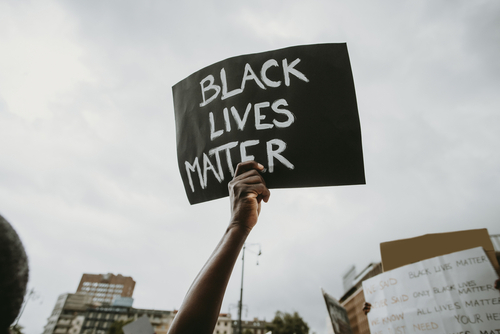Recently, Beyoncé released her new haircare line, Cécréd, and the internet had something new to complain and rave about. Many armchair critics were upset for many illogical reasons, but lack of logic never stopped the wrong from being loud. Some of…
LATEST NEWS
The Supreme Court recently ruled not to vote on dismissing a lawsuit…
The Arkansas chapter of the NAACP recently announced that they will be…
Just over 56 years ago, on April 4, 1968, I was 13…
An all-Black woman-led running team recently filed a discrimination lawsuit against the…
Sports
In the American sport industry, the emergence of Afro-Brazilian athletes in college and professional…
On Sunday, Michael Jordan got to do something he hadn’t been able…
As the number of Bitcoin teller machines increases around the U.S., a…
Musician Bryson Tiller recently announced that he’ll be putting his music career…
The creators of The Sims video game recently announced a collaboration with…
As Women’s History Month continues to unfold, institutions around the world are…
Tupac Shakur’s estate recently sent a cease-and-desist letter to Drake following his AI-generated diss track. Billboard obtained the cease-and-desist letter, which demanded that the…
Travel
In this video, the Passport Heavy crew embarks on a three-week adventure across Colombia! From the vibrant streets of Medellín to the serene beaches…
Food
West African cuisine is taking its rightful place in the spotlight once again as Chase Sapphire Reserve unveils a campaign film featuring Michael B. Jordan and Nigerian Chef, Tolu Eros, which puts an end to one…















































